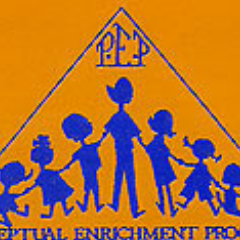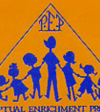DBS Certificate Provided
Teaching
more
Types
more
Location
Special Services
more
Can tutor in
more
Experience
Gender & Photo
Sort by
List View
Map View
Full View
Organisation Learning Centre
Salisbury, England
Perceptual difficulties affect not only reading, spelling, maths and handwriting but a whole range of everyday functioning, including self-esteem and behaviour.
Research recognises that early learning experiences affect later development and if one stage is missed out or not fully grasped, the future development may be impaired and the individual has to find ways to compensate. The P. has been designed to integrate the different stages of perceptual development, to develop neural pathways and to stimulate the frontal processing area of the brain.
When a child learns to relate to the world he or she passes through various stages of development, each stage building upon the previous one. Concrete operations such as matching, remembering, recognising familiar shapes in unfamiliar settings, identifying a whole object from it's parts and understanding how shapes relate to each other, are all a basis for understanding increasingly more complex concepts. For example, in order to think in abstract terms, one must have a firm understanding of how parts go together to make a whole, and to categorize, one must be able to observe detail.
Initially if a child is unable to see how parts go together to make a whole, or is unable to sequence, he or she may find it difficult to see how letters go together to make words, and how words combine to make sentences.






